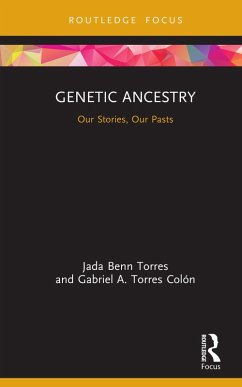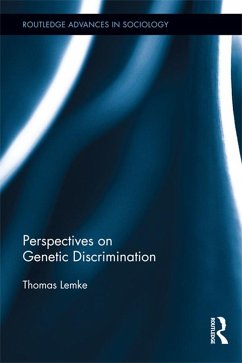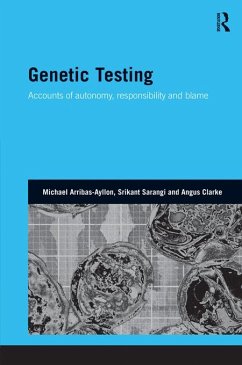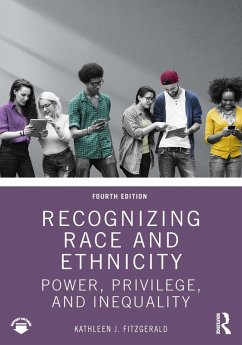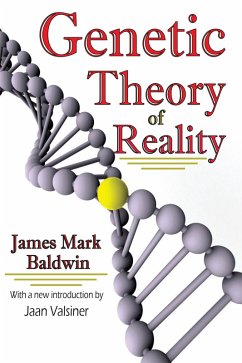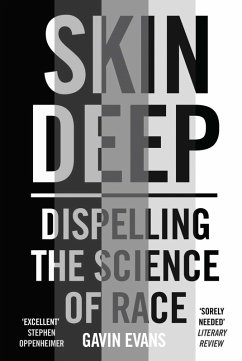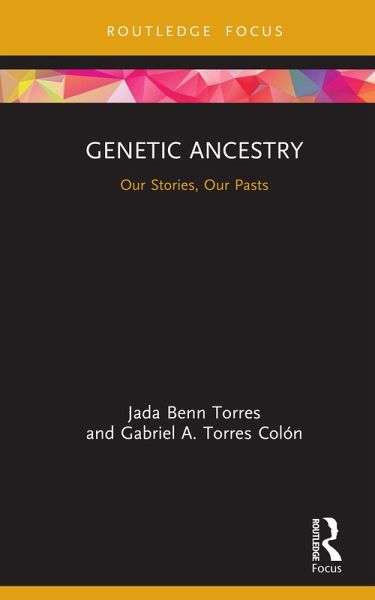
Genetic Ancestry (eBook, ePUB)
Our Stories, Our Pasts
Versandkostenfrei!
Sofort per Download lieferbar
21,95 €
inkl. MwSt.
Weitere Ausgaben:

PAYBACK Punkte
11 °P sammeln!
Genetic Ancestry focuses on the scientific nature and limitations of genetic ancestry testing. Co-authored by a genetic anthropologist and a cultural anthropologist, it examines the social, historical, and cultural dimensions of how people interpret genetic ancestry data. Utilizing examples from popular culture around the world and case studies from the Caribbean, the chapters highlight how genetic technology can sometimes bolster racial thinking and serve as tool of resistance and social justice.
Dieser Download kann aus rechtlichen Gründen nur mit Rechnungsadresse in A, B, BG, CY, CZ, D, DK, EW, E, FIN, F, GR, HR, H, IRL, I, LT, L, LR, M, NL, PL, P, R, S, SLO, SK ausgeliefert werden.




